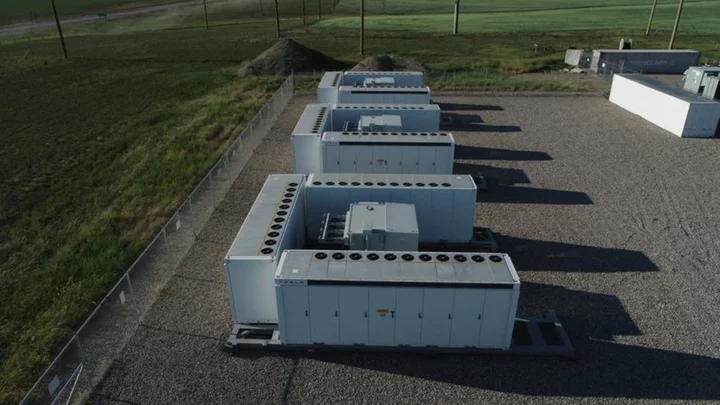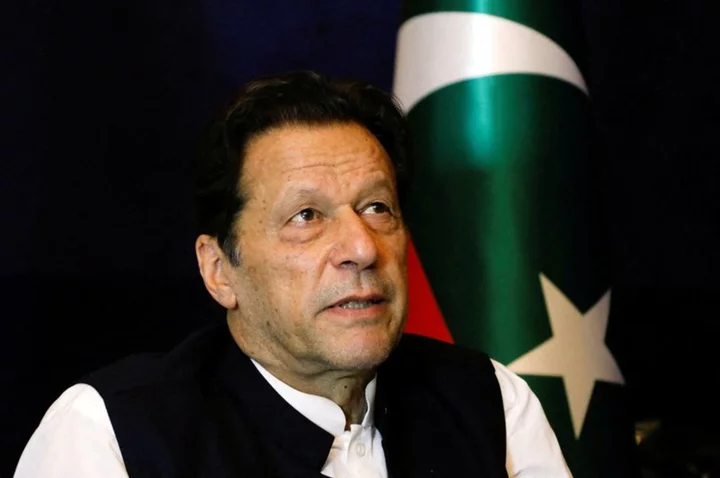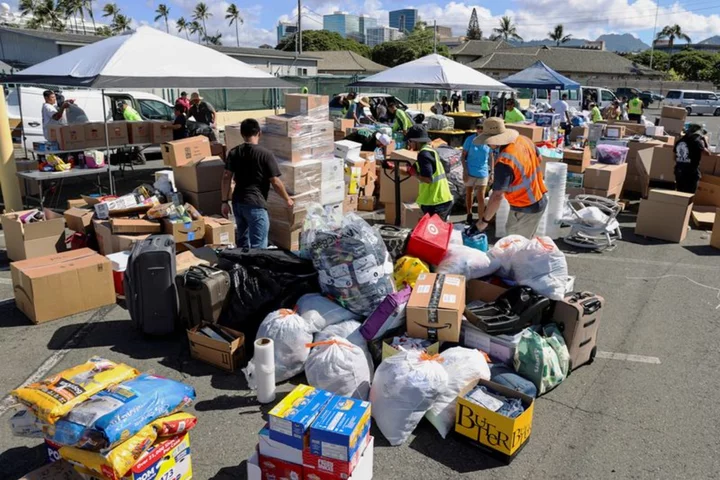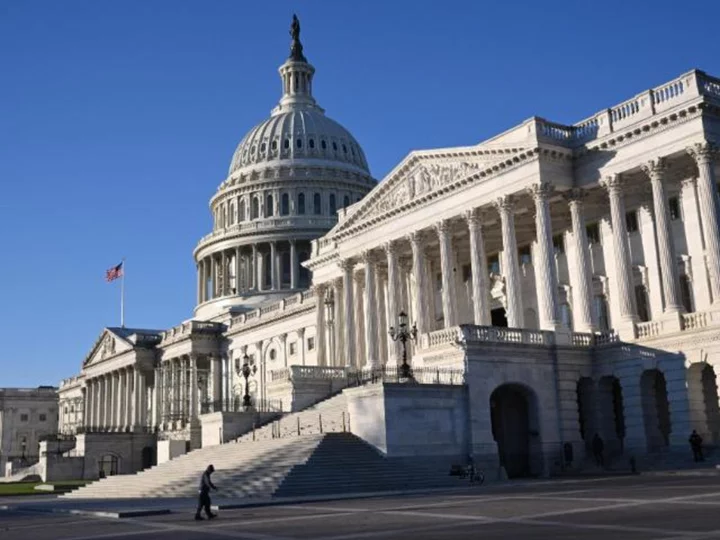By Rod Nickel
WINNIPEG, Manitoba Prime Minister Justin Trudeau is aiming to turn Canada's power grid net-zero by 2035, a goal that the premier of oil and gas-producing Alberta says she will defy, charging it is unrealistic before 2050.
But power-generating companies in the country's highest greenhouse gas-emitting province are more optimistic and say they are looking to eliminate or offset direct emissions well ahead of Alberta's target, even if they are not committing to Trudeau's either.
Progress in Alberta is critical to Trudeau's chances of electrifying Canada's vehicles and buildings with clean power, the backbone of global efforts to reduce dependence on fossil fuels and slow climate change. Ottawa plans to unveil regulations this summer forcing power generators to move to net-zero.
Alberta, which generates the third-most electricity among provinces, produced half of Canada's emissions from generation in 2020. Trudeau's goal of a national net-zero grid by 2035 is a stretch in Alberta since the province burns natural gas for most power.
But executives at Alberta power generators TransAlta and Heartland Generation told Reuters they may come close to net-zero by 2035.
Capital Power may reach neutrality by 2045, its CEO said, which would miss Trudeau's goal, but would achieve net-zero five years earlier than Alberta Premier Danielle Smith's 2050 target.
"I'm optimistic that we're going to get close for 2035," said Shana Boyd, Heartland's vice president of energy transition, which currently produces all of its electricity from burning natural gas. "It's going to require a lot of work and a lot of pieces to fall into place."
For Heartland, reaching net-zero depends on how quickly it can build and replicate facilities that use hydrogen to produce electricity and sequester the carbon, Boyd said. It is planning a final decision on its first such facility next year.
Heartland first needs policy to ensure the monetary value of carbon remains attractive beyond any future change in federal government, Boyd said. Trudeau's government is working with industry on a mechanism to do that, called a contract for differences.
Alberta requires an aggressive build-out of renewables, including battery storage to address the intermittency of wind and solar, to reach net-zero by 2035, TransAlta CEO John Kousinioris said.
Regulatory agencies will need to speed up permitting, he said.
"We can get close and I think the industry here is pretty determined to see decarbonization occur while balancing affordability and reliability," he said, adding that tens of billions of investment dollars are needed.
Capital Power CEO Avik Dey said net zero is unrealistic by 2035 without compromising the grid's reliability. The company is aiming for net-zero by 2045, a goal that depends on building carbon capture for natural gas plants that provide base-load power, offsets and longer-term, direct air capture to remove carbon from the atmosphere.
"There's going to be parts of that grid that you just can't decarbonize until you bring other technologies up," he said, citing the example of small modular nuclear reactors.
Over 80% of Canada's electricity already comes from non-emitting sources.
Alberta's premier, Smith, has vowed to oppose Trudeau's 2035 goal.
"We cannot support regulations that set unreachable targets and unfeasible approaches for reaching net-zero by 2035," said Andrea Farmer, spokesperson for Alberta's utilities minister.
Federal Natural Resources Minister Jonathan Wilkinson expressed optimism, saying that Alberta has moved faster on cutting grid emissions than any other province by nearly eliminating coal-burning power.
A net-zero grid by 2035 looks feasible, said Grant Arnold, CEO of wind and solar generator BluEarth Renewables.
"We've lived this change and see how fast it can go."
(Reporting by Rod Nickel in Winnipeg, Manitoba; Additional reporting by Steve Scherer in Ottawa; Editing by Denny Thomas and Matthew Lewis)









